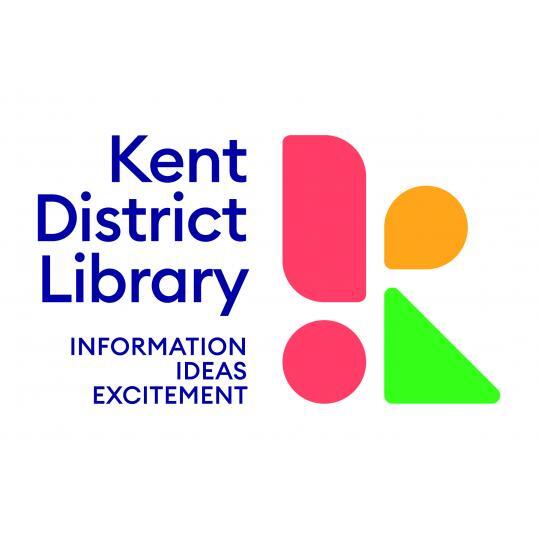Multilingual Learners (MLL)
Caledonia's MLL Mission:
In pursuit of excellence and linguistic and cultural appreciation, we will educate each Multilingual learner to achieve their best by ensuring the highest quality of literacy instruction in the areas of listening, speaking, reading, and writing.
Cultural Diversity of Caledonia:
- The number of Multilingual learners in the district continues to grow and evolve.
- In 2023, there were over 140 English learners in Caledonia.
- Caledonia’s MLL population includes immigrants, refugees and exchange students from a variety of countries and cultural heritage.
- Diverse languages and cultures are represented including Russian, Bosnian, German, Burmese, Swahili, Kurdish, Vietnamese, Arabic, French, Chinese, and Spanish.
What is a Multilingual learner?
A Multilingual (MLL) is a student who is not yet proficient in English. At Caledonia Community Schools, students who speak a language other than English in their home, or have a different native language, are given the opportunity to enrich their learning through an English language program that supports their educational needs.
 Handbook
Handbook
Parent Resources
Identification & Support
How are MLL students identified?
The first step in identifying an MLL student is the use of the Home Language Survey from the Michigan Department of Education. Michigan's English language proficiency assessment is the WIDA and is given annually in the spring. It is also given to any new student who does not have previous WIDA scores or is new to the state of Michigan.
How are MLL students supported?
Learning a language can be very challenging. Individual and/or group support is provided to help students become successful socially and academically. The level of support is based on student proficiency levels. Proficiency in conversational English may take 3-5 years, while academic language aptitude may take 5-10 years to master.
Assessment
How are MLL students assessed?
MDE is part of the WIDA consortium. This language assessment has been long-tested and is designed specifically for MLL students at all proficiency levels. It is an online assessment for grades 1-12 (K is a paper-based test) that consists of four language domains, listening, speaking, reading and writing. All MLL students must take the WIDA until exited from the MLL program.
Language proficiency levels:
- Entering- Level 1 students are generally able to produce single words, common vocabulary and memorized language.
- Emerging- Level 2 students understand phrases, short sentences, high-frequency vocabulary and produce language with errors.
- Developing- Level 3 students are able to write a series of related sentences, understand some specific vocabulary, and they produce errors, but the meaning is retained.
- Expanding- Level 4 students use moderate discourse, some technical vocabulary, and make minimal language errors.
- Bridging- Level 5 students use complex discourse, specialized and technical vocabulary, and their language is comparable to their English speaking peers.
- Reaching- Level 6 students are proficient and comparable to native-speakers.


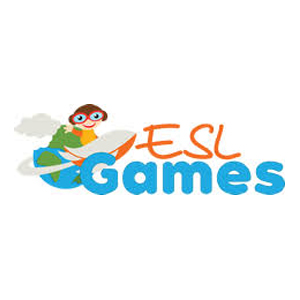
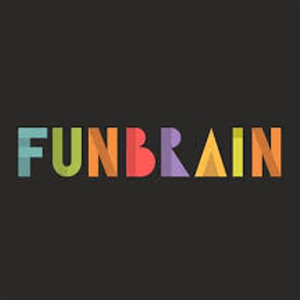
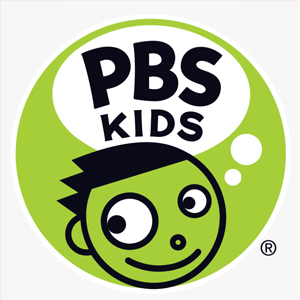 PBS Kids
PBS Kids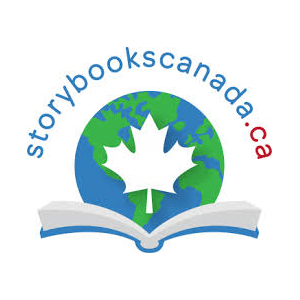
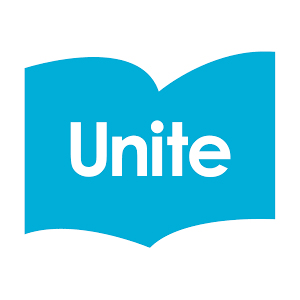
 UPDATED
UPDATED 
